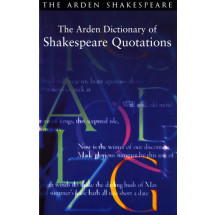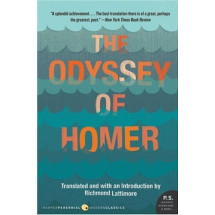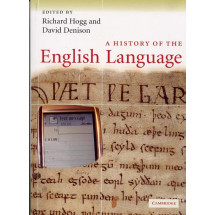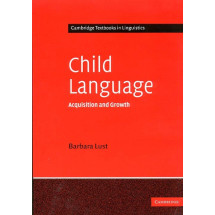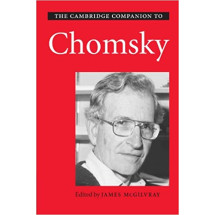Philosophers from Hume, Kant, and Wittgenstein to the recent realists and antirealists have sought to answer the question, What are concepts? This book provides a detailed, systematic, and accessible introduction to an original philosophical theory of concepts that Christopher Peacocke has developed in recent years to explain facts about the nature of thought, including its systematic character, its relations to truth and reference, and its normative dimension.
Individuating Concepts
1.1 The Aims of a Philosophical Theory of Concepts
1.2 Possession and Individuation
1.3 Concepts and Reference
1.4 Possession Conditions and Attribution Conditions
1.5 The (C) Form: Modesty, Interpretation, and Intelligibility
1.6 Conclusion and Challenges
Structure and System
2.1 Generality, Productivity, and Their Explanations
2.2 Neither Stipulative nor Empirical
2.3 Links with the Tractatus
2.4 Knowing-What-It-Is-For and the Explanations
2.5 Summary and a Further Application
Perceptual Concepts
3.1 Scenarios Introduced
3.2 Consequences and Comparisons of Scenarios
3.3 A Further Level of Content and Its Applications
3.4 Spatial Reasoning and Action
3.5 Summary and Open Questions
The Metaphysics of Concepts
4.1 The Problem
4.2 A Ready-Made Solution?
4.3 A Proposal
4.4 Aspects and Consequences of the Proposal
4.5 Ontology and Legitimation by Application
4.6 Summary and the Role of Legitimation by Application
Concepts and Norms in a Natural World
5.1 The Challenge
5.2 A Teleological Solution?
5.3 Norms and the World
5.4 Kripkean Requirements
5.5 Summary and Disclaimer
The Concept of Belief: Self Knowledge and Referential Coherence
6.1 The Issues
6.2 The First-Person Clause
6.3 The Third-Person Clause
6.4 The Possession Condition and Simulation Accounts
6.5 Referential Coherence
6.6 Summary and the Need for More
Concepts, Psychology, and Explanation
7.1 Insularity Rejected: The Simple Account
7.2 Explanation, Rule Following, and Objectivity
7.3 Summary
Illusions of Content: Thought
8.1 The Dilemma: Examples
8.2 The Discrimination Principle and Strategies of Application
8.3 Executing the Switching Tactic
8.4 Executing the Deflationary Tactic
8.5 Indeterminacy and Internal Collapse
8.6 Links and Consequences
8.7 Summary and Prospect
Christopher Peacocke is Waynflete Professor of Metaphysical Philosophy at the University of Oxford, a Fellow of Magdalen College, Oxford, and a Fellow of the British Academy.



